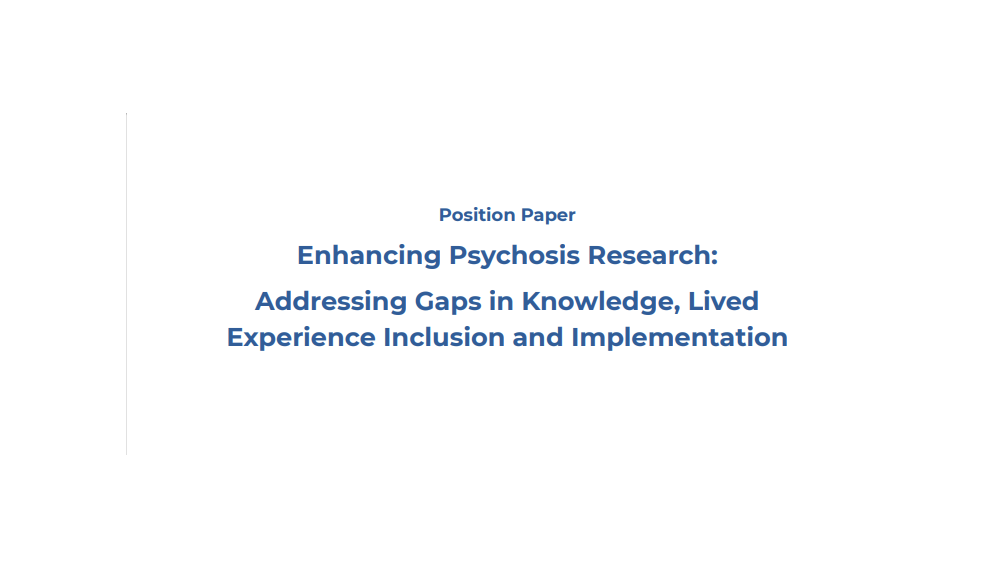Campaign for better oral health care in severe mental ill health
February 2, 2022
Associate Professor Jackie Curtis: 02 9348 0862, contact@mindgardens.org.au
People who experience severe mental ill health urgently need improved access to high quality dentistry and oral health services that respond to their particular needs, according to an international consensus statement.
The Right to Smile statement is the first step in a campaign for greater recognition of oral health challenges for people who live with severe mental health issues, said Associate Professor Jackie Curtis, the Executive Director of Mindgardens Neuroscience Network, which is a signatory to the statement.
People who experience mental ill health may also have problems with their teeth and gums, for a variety of reasons, A/Prof Curtis said. They may find it harder to make and keep appointments, or they may be unable to pay dental bills. They may smoke or have a poor diet, or they may experience side-effects from mental health medications that cause a dry mouth or tooth grinding.
Australian mental health and dental health service providers will be encouraged to adopt the objectives of the campaign through a national launch of Right to Smile later this year that will address the issues in the context of the Australian service system.
The Right to Smile statement proposes five rights from the perspective of people living with mental ill health:
- to equal treatment in my oral health care and not to be discriminated against because of my mental health condition
- to have my oral health care valued and supported
- to have my oral health considered from the start of my mental ill health and its treatment
- to information and advice on issues relating to my oral health so that I can make informed decisions
- to regular dental check-ups; and to dental treatment if I need it.
Right to Smile is closely aligned with the Keeping the Body in Mind(gardens) program of translational research, funded through Mindgardens, that aims to improve the physical health of people with mental health disorders, and to the Equally Well national consensus statement.
The life expectancy of people who experience severe mental health issues can be reduced by up to 20 years, because of reduced access to health services and medication side-effects that may trigger cardiovascular or metabolic disorders.
Brings together the strengths of four founding organisations









